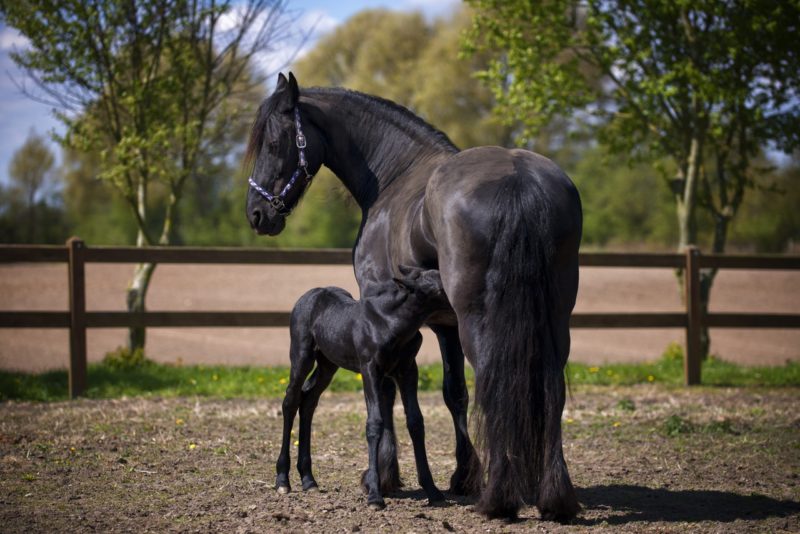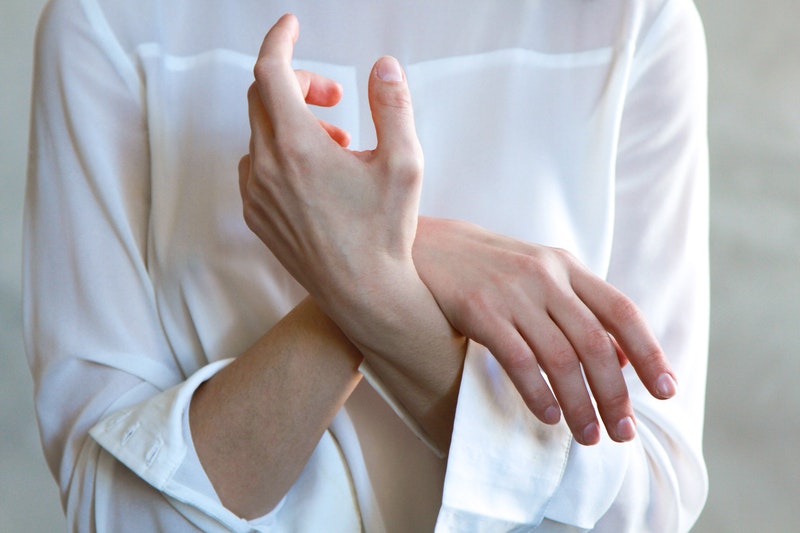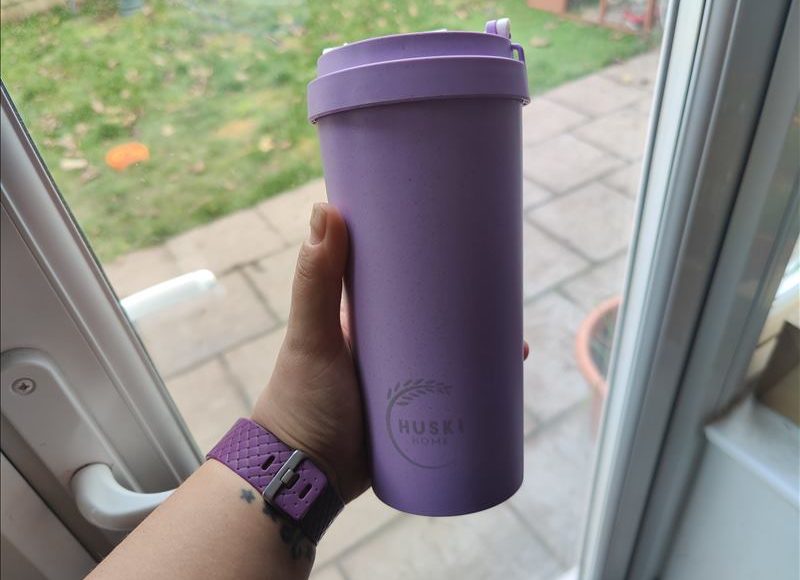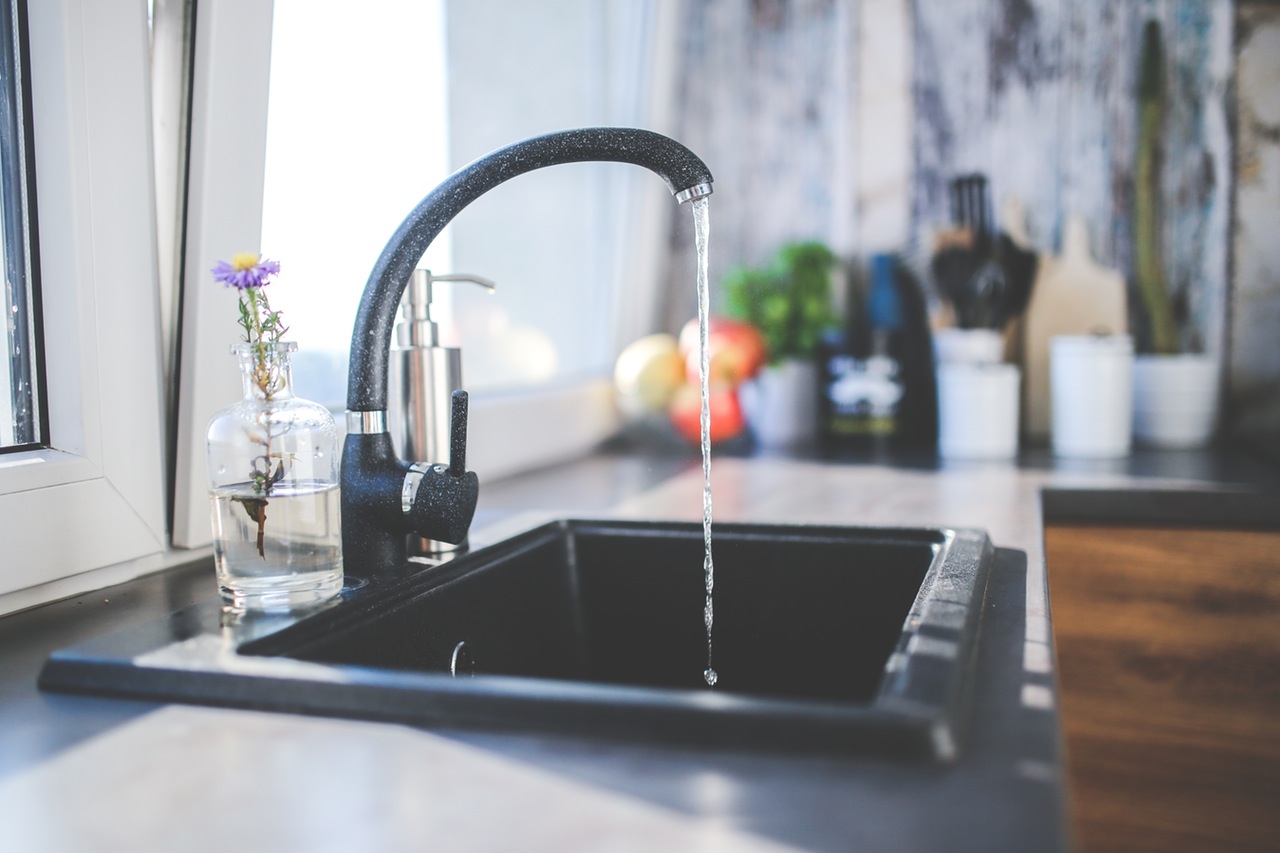Guide to basic horse husbandry
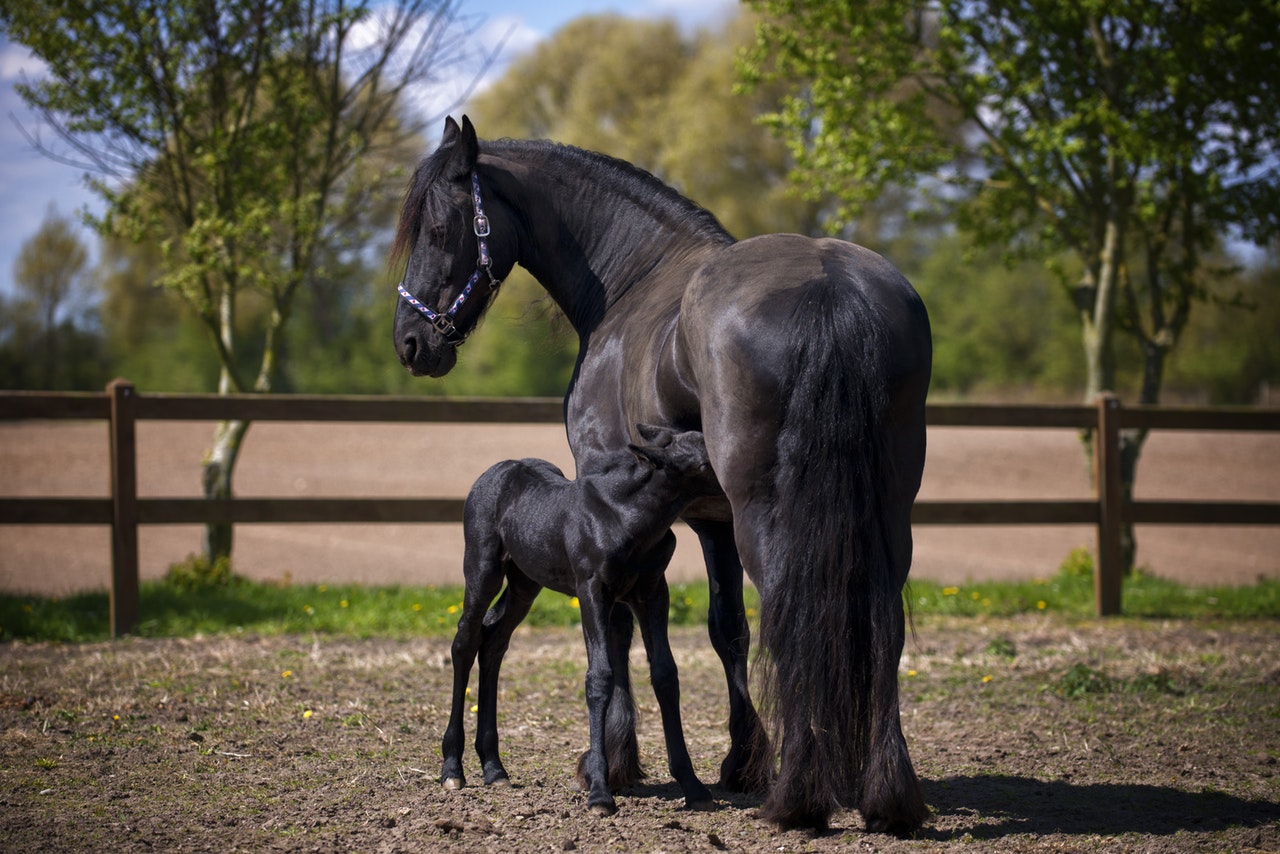
Living in the countryside means that horses are a frequent sight both in fields around the village where I live as well as trotting along the roads and parks where I walk our dog. Owning a horse is a big responsibility and a long-term commitment, in terms of care, hard work and finances but immensely rewarding.
There are a lot of things you need to think about in order to care for your horse properly. Here are some basic horse husbandry points to help you on your way.
Food & Water
- Like all animals, horses require access to fresh clean water at all times.
- Horses must only be fed food designed for horses and must not be given lawn clippings or large amounts of fermentable foods which can be toxic.
- Your horses should be provided with as much opportunity to graze as possible, however, not all grass is made equal and you may need to provide hard feed and forage to remain healthy.
- Horses fed diets low in forage and high in hard feed are at risk of digestive problems such as colic, for more information companies such as Spillers offer equine nutrition advice.
- There are a number of plants which are toxic to horses so it is really important to remove these plants, such as ragwort and yew from paddocks and other areas.
Shelter & Environment
- Horses require a safe, secure place to live which means you will need to spend time and money to ensure the area is in good condition and escape-proof.
- It is no surprise that horses need lots of exercise so it is best to allow them to run freely in a paddock as much as possible, ideally in the company of other horses as they are a social species.
- Your horse’s safety and well-being during exercises and physical activities depend on the quality of the gear they use. It’s crucial that boots, bridles, saddle pads, and other equipment are not only of high quality but also perfectly tailored to your horse’s size and anatomy. For a better understanding of suitable options, explore the collection of saddle pads by LeMieux.
- Your horse will need access to shelter when out in a paddock to protect them from sun, wind and temperatures. The shelter must have dry space to stand and lie down in.
- All shelters must be size and temperature appropriate, including trailers or horseboxes.
- If you are keeping your horse in a stable you need to use a good quality, dust-free bedding as they are more likely to be exposed to risky conditions.
- A stable should be designed with partitions so that the horses can see and interact with the other inhabitants but also allow them to spend time apart if they so desire. Horses that do not get on should not live next to each other!
Health & Welfare
- It is important to regularly check your horse for any signs of injury or illness, preferably every day.
- It is very important to check your horse’s hooves every day. Overgrown or unbalanced hooves can cause severe discomfort and damage. Horses should be seen by a farrier every four to six weeks.
- Another area to check is your horse’s teeth as they continuously grow and can develop sharp edges which can cause injuries. Horses should get their teeth checked at least once a year by a vet.
- If there is any change in your horse’s behaviour or you discover an injury consult a vet right away.
- Just like cats and dogs horses need to be wormed and vaccinated against equine diseases.
- You must make sure that tack is properly fitted and maintained so that it does not cause injury or pain.
- Therapy such as magnetic therapy can be considered with products such as Equ Streamz Magnetic Horse Bands offering help for horses who may suffer from inflammation or swelling, or are recovering from a muscle tendon or ligament injury.
